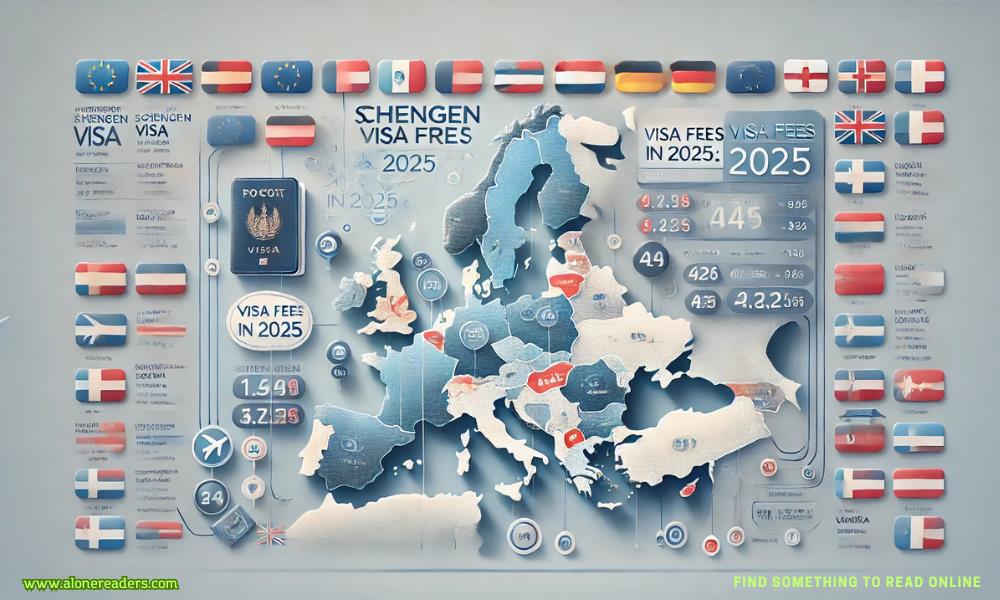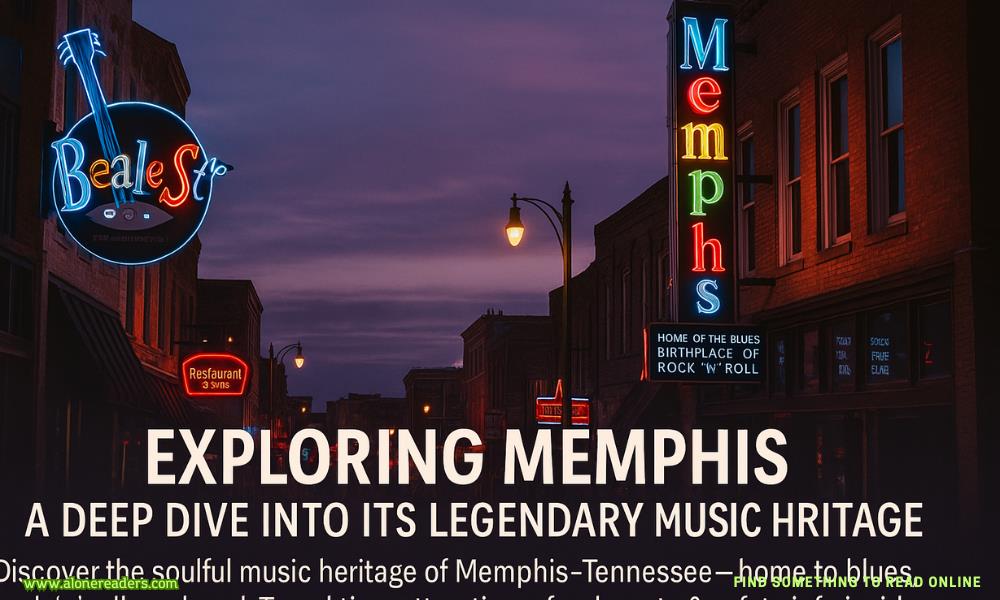Page 77 of Six Days in Bombay
“Look, can you meet me tomorrow? I will explain everything. Now is not the time. Whitney will think what she usually thinks if I spend too much time with another woman. I must go to her.”
“Of course.”
He rubbed his chin. “Mira and I used to meet at Cascine Park. It’s—it’s along the Arno…”
“I can find it.” I could tell he was finding it hard to concentrate.
“There’s a statue there of an Indian prince. I can meet you…at ten. That’s when I’m supposed to be at my studio, working.”
So his wife would suspect nothing. “I’ll see you then.” I didn’t want to imagine the heated discussion that would follow upon Paolo’s return to his apartment.
***
The next morning, I found the statue at Cascine Park on the other side of the Arno. The park ran over three miles along the length of the river. I walked through forests of maple trees, oaks, elms and pines. It was peaceful here, a few Florentines strolling among the meadows, talking quietly.
Paolo was late so I read the inscription on the statue, which stated that the Indian Prince Rajaram II was taken ill during his European tour and died in Florence. He was cremated, his ashes spread in the Arno, against the wishes of the Catholic Church, which did not want the remains of a heathen—even a royal one—polluting the river.
“Now you can see why Mira liked it here.” I turned to find him pointing at the prince’s effigy. “It reminded her of India, this statue. She admired the defiance of convention, which, if you know—knew—Mira, was what made her special. She didn’t care for rules.”
He was right. Mira would have appreciated the nod to disobedience just as she appreciated the way Indians were defying the British in their own quiet way. I regarded him as he surveyed the Arno. Paolo had understood Mira.
He was dressed in another white shirt splotched with paint, sleeves rolled up to his elbows (or was it the same shirt from the day before?). I tried not to stare at the dark hair on his forearms, so much like Amit’s. I had the ridiculous urge to smooth the strands across his skin. A man and a woman passed us. Both turned around to smile at him. He even attracted the attention of men.
We walked along the gardens. “This is where Mira and I cameto sketch and paint. The only place her mother wouldn’t intrude.” He paused. “I cared about her deeply, you understand?”
That surprised me. Mira’s friends had only spoken of her love of Paolo, not his feelings for her.
He stopped to face me. “I have no money of my own. I couldn’t be with a woman who needed me to support her.” His eyes implored me to understand.
“But Mira came from wealth,” I said.
“Her parents were wealthy, but her mother cut Mira off as soon as she and I…”
Ah, the strange triangle between Mira, her mother and Paolo.
Paolo looked away. He pulled on his face with the flat of his palm. “It was complicated. Her mother was very persistent. She wanted an exclusive relationship—just her and me—which I did not. At the time.” He glanced at me quickly to see if I’d caught the implication. I had. His habitual pattern was to fall in bed with one woman after another. When he met the one who could support him—Whitney—he married her. But I could see why his wife was still wary. With a gorgeous husband like him, she would have to keep an eye out for predators.
I was carrying the rolled-up painting ofMan in Abundance. “Mira left this for you.”
He took it from me. “I always liked this one. It was one of the first things I taught her, this brushwork of Cézanne’s. When she learned it, she asked me to sit for her.” His smile carried memories.
“Do you think your wife will let you hang it?”
He grinned. “I think this one will go in my studio.”
“Mira also left paintings for Josephine Benoit in Paris, and for Petra Hitzig in Prague. Do any of those names sound familiar?”
“Yes, of course. She talked about them.”
“I understand you two were in touch even after she married Filip Bartos?”
“Anytime she came to Italy, we saw each other. Mira was Mira.She was fun. She was lively. I don’t think she and Filip were suited to one another as a couple. She’d wanted to provoke her mother, as she always did, by marrying someone her mother didn’t approve of. Mira was bored of Filip within a year of marriage.”
We walked along the ornate stone fence surrounding the monument of the prince. Irises of every color bloomed around us. Daises and lilies and hyacinths lined the paths. I caught a whiff of sweet peas. On the other side of the river, Florence gave off an ochre glow. It was that light that reminded me of India. Or maybe it was the pace of the people. They seemed in less of a hurry, ready to make time for a friend or to merely watch people from a park bench.
I stopped to admire the peacock finials and bas-reliefs on the roof over the statue. It was the heat of his body more than his breath that told me Paolo had come to stand behind me. I turned around. He was so close our arms touched. Was I, in this moment, trying to live Mira’s life? If Paolo weren’t married, would I have made a play for him?
“If I’d ever fallen in love with a woman, it would have been her.” He looked wistful. “And even now, I still hear her. Feel her. Smell her. She was so full of life. She wanted to experience it all. But she also wanted to experience it with everyone she came into contact with.” He plucked a daisy and pulled at its petals. “You may think me a Romeo, but Mira was herself a Juliet. She experimented with everyone. To see what it was like.” He laughed lightly.















